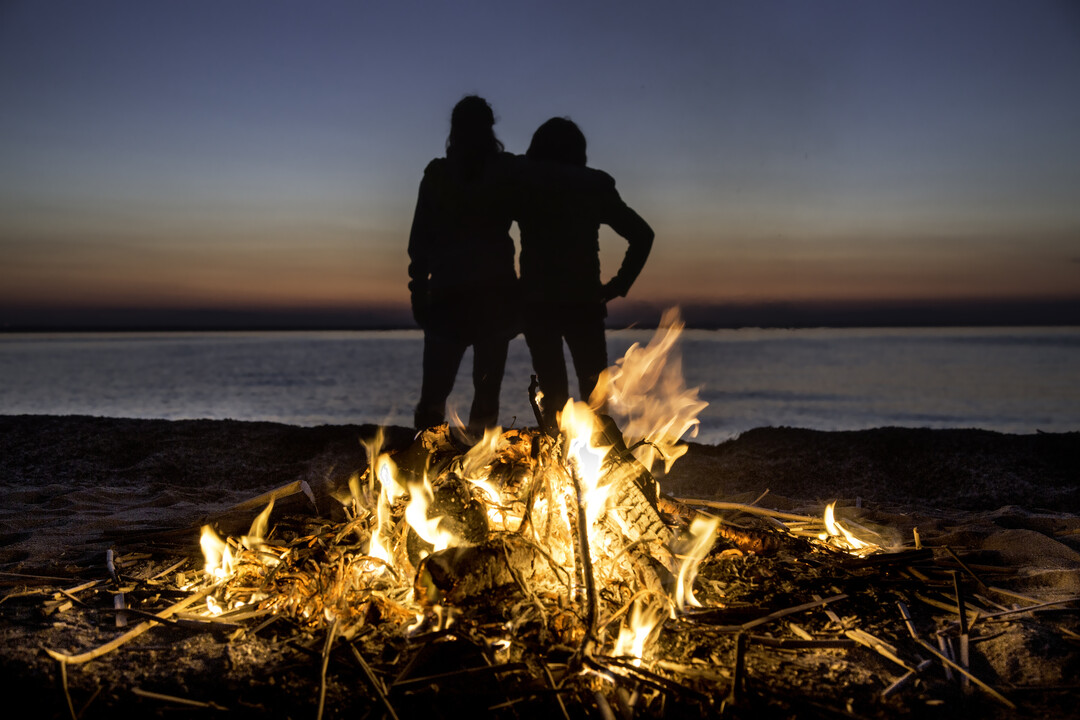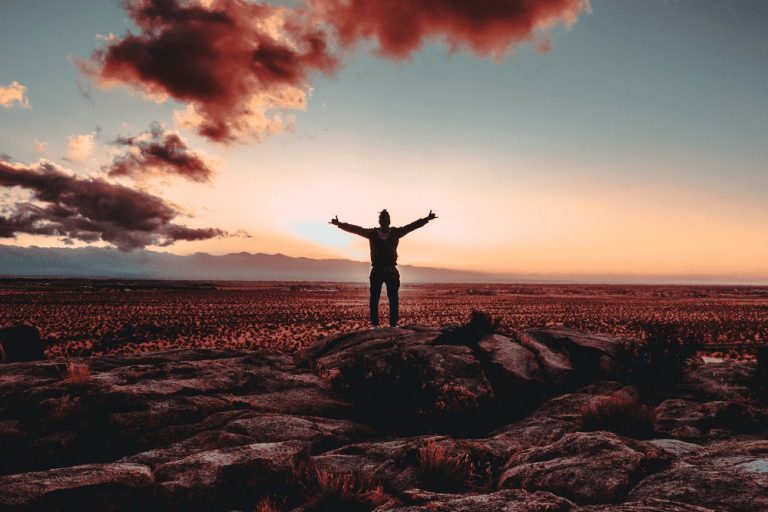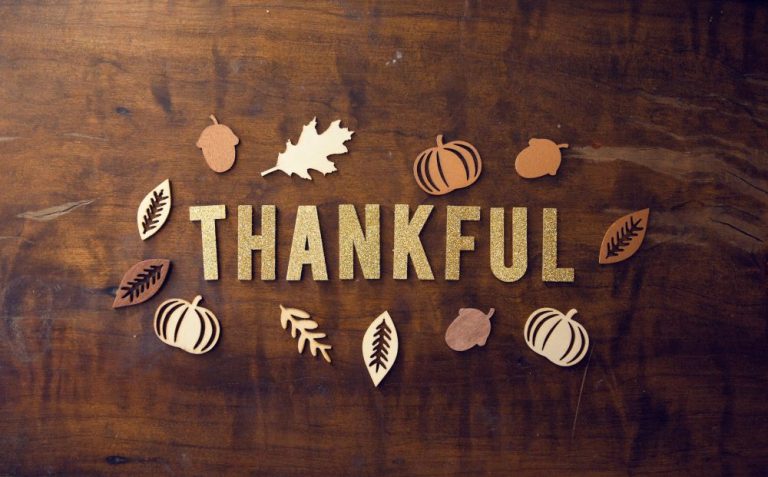- Author: Ryan Jenkins
- Word Count: 873
Read the news article
Connection with someone takes more than common interests of What Makes People Click. It also takes this.
Do you know who created the world’s first social network? It wasn’t Zuckerberg, Dorsey, or Tom from MySpace.
It was the person who kindled the first fire. The fire’s loud crackling, billowing smoke, and beautiful orange glow attracted others in the village towards it. Soon everyone was gathered around basking in the warmth of the flames.
The discovery of fire changed everything. Fire became a cornerstone of human survival. It was instrumental in protecting the village from predators, cooking food, and providing light in the dark. And it transformed how people connected. The light from a fire extended the day giving humans more time to connect, providing warmth that wondrously enabled relationships to deepen like never before. People clicked over the flick of flames.
A recent study of the Ju/’hoan hunter-gatherers of the southern African countries of Namibia and Botswana found major differences between firelit talk and non-firelit talk to What Makes People Click. When the Ju/’hoan weren’t around a fire, their conversations centered on “practicalities and sanctioning gossip.” Firelit conversations, however, “evoked the imagination, helped people remember and understand others in their external networks, healed rifts of the day, and conveyed information about cultural institutions that generate regularity of behavior and corresponding trust.”
Fireside conversations put people on the same emotional wavelength, elicited understanding, and elevated trust and empathy, ultimately strengthening people’s social networks. It was also common for the Ju/’hoan to sing while sitting around a fire. To this day, the comfort and security we feel when we sit by an open fire can be traced to our ancient ancestors who utilized fire as a social and survival essential.
Fire then, and still today, cultivated so much connection between people because it created a shared reality. Individuals were jointly experiencing something beyond themselves in real time and What Makes People Click.
The Reality of What Makes People Click
According to Columbia University psychologist Maya Rossignac-Milon, the theory of shared reality suggests that we are most likely to feel closer to each other when we turn our mutual attention to something beyond ourselves and What Makes People Click. That’s exactly what happened to the Ju/’hoan. No fire (or shared reality) and their conversations were superficial. With fire (or a shared reality) and conversation elevated, causing connections to thrive.
Shared reality is the third party in any social connection. And it matters. It’s not enough to have common interests with a friend or colleague but to share experiences together.
According to Paul Eastwick, a professor of psychology at the University of California at Davis who studies close relationships, “[Shared reality] serves as a reminder that similarity is often a thing that two people create or discover together in the moment. It wasn’t ‘there’ on paper before the interaction took place.” Often our urge is to connect with people who are similar to us, but shared reality theory suggests we may not know what those similarities are until we meet the other person. It’s not so much about with whom we are talking but what we are talking about.
Have you ever been on a delayed flight while on the runway and noticed how chatty some passengers become with complete strangers? The reason for the instant connections is a shared reality. The delayed flight becomes the new reality that every passenger shares. A shared reality serves as a triangulation point between two individuals that knits them closer together.
Additionally, spaces like museums or art galleries provide the material you need to create a shared reality with another person. What Makes People Click shared reality pushes conversations to be about the world around us rather than ourselves.
Strengthen Pairing Through Reality Sharing
With this understanding of shared reality, it’s clear how technology can break our social connections. If while at an art gallery, instead of consuming the same piece of art, someone is on their phone, the reality isn’t shared. While you may be sharing the same space, the full reality isn’t shared, thus hindering the potential for a connection.
Remote work environments (video calls, Slack channels, asynchronous collaboration tools, etc.) can also have a detrimental effect on people’s ability to construct shared realities. By definition, these virtual environments strip out the external world and severely limit shared realities from occurring.
If your goal is to strengthen team connections, get out of the office. Share a new reality. For in-person teams, get together out of the office. For remote or hybrid teams, get together out of your office and find What Makes People Click.
Getting out of the office enables colleagues to make sense of a new environment together, cementing relationships in the process. Whether it’s monthly, quarterly, or annually, make shared realities a priority because social connection is imperative to the health and performance of any team or community.
Want help creating a more connected, human-centered team with What Makes People Click? Contact Ryan to explore working together here.
What Makes People Click Article published by Ryan Jenkins on LinkedIn
Contact us at Speakers Inc and view WeSpeak Global
Further articles you may enjoy:
- (18)
Motivational North American Keynote Speakers play a crucial role in inspiring individuals, organizations, and communities to unlock their full potential. With their compelling stories, expertise, and dynamic presentation styles, these speakers captivate audiences, leaving a lasting impact. In North America, there is a remarkable pool of motivational keynote speakers who have successfully transformed lives and […]
- June 4, 2023
- (5)
Thanksgiving 2024, celebrated annually on the fourth Thursday of November, is a cherished American holiday that brings families and friends together to express gratitude and share a bountiful meal. Its origins trace back to 1621, when the Plymouth colonists and the Wampanoag people shared an autumn harvest feast, marking one of the earliest instances of […]
- November 28, 2024
- (20)
The Power of Motivational Sales Speakers: Keynote Themes, Takeaways, and Audience Impact In the fast-paced world of business, sales professionals face constant challenges that demand not only skill but also a resilient mindset. Motivational sales speakers play a critical role in empowering these professionals, providing the inspiration, tools, and strategies needed to achieve success. Whether […]
- August 14, 2024
- (4)
The Ultimate Guide to Speaker Bookings in the West End Entertainment in Los Angeles Introduction: Los Angeles, a city renowned for its glitz and glamour, is not only the entertainment capital of the world but also a hub for West End Entertainment in Los Angeles-style performances that captivate audiences with their mesmerizing productions. In this […]
- January 8, 2024
- (59)
Why Felicia Pizzonia Is the Sales Speaker Your Next Conference Needs In today’s competitive market, sales isn’t just about closing deals, it’s about understanding human behavior, adapting your mindset, and building authentic connections. That’s exactly where Felicia Pizzonia excels. A best-selling author, dynamic entrepreneur, and sought-after keynote speaker, Felicia brings a powerful blend of science-backed […]
- May 15, 2025
- (19)
Tom Goodwin: The Trends Futurist Redefining Marketing and Innovation In a world obsessed with following trends, Tom Goodwin stands out for questioning them. He’s not the kind of speaker who walks on stage to reaffirm what everyone already believes. Instead, Tom challenges assumptions, pokes holes in comfortable narratives, and demands that we look at the […]
- May 1, 2025
- (8)
Michelle Curran: A Beacon of Leadership, Motivation, and Teamwork In the dynamic landscape of leadership and motivation, certain individuals emerge as beacons, guiding others through the intricacies of teamwork and motivation. Among these luminaries stands Michelle “Mace” Curran, a name synonymous with excellence in leadership, motivation, and teamwork. With a background steeped in military expertise […]
- April 26, 2024
- (5)
BEING MINDFUL OF MINDSETS and The Power of a Growth Mindset by Grant Driver In July 2019, I experienced one of the most significant and yet most daunting moments of my career as a professional speaker. I had been invited by Discovery Healthcare to present a 3-hour workshop to thirty Neurosurgeons on my research into […]
- January 23, 2023
No results available









